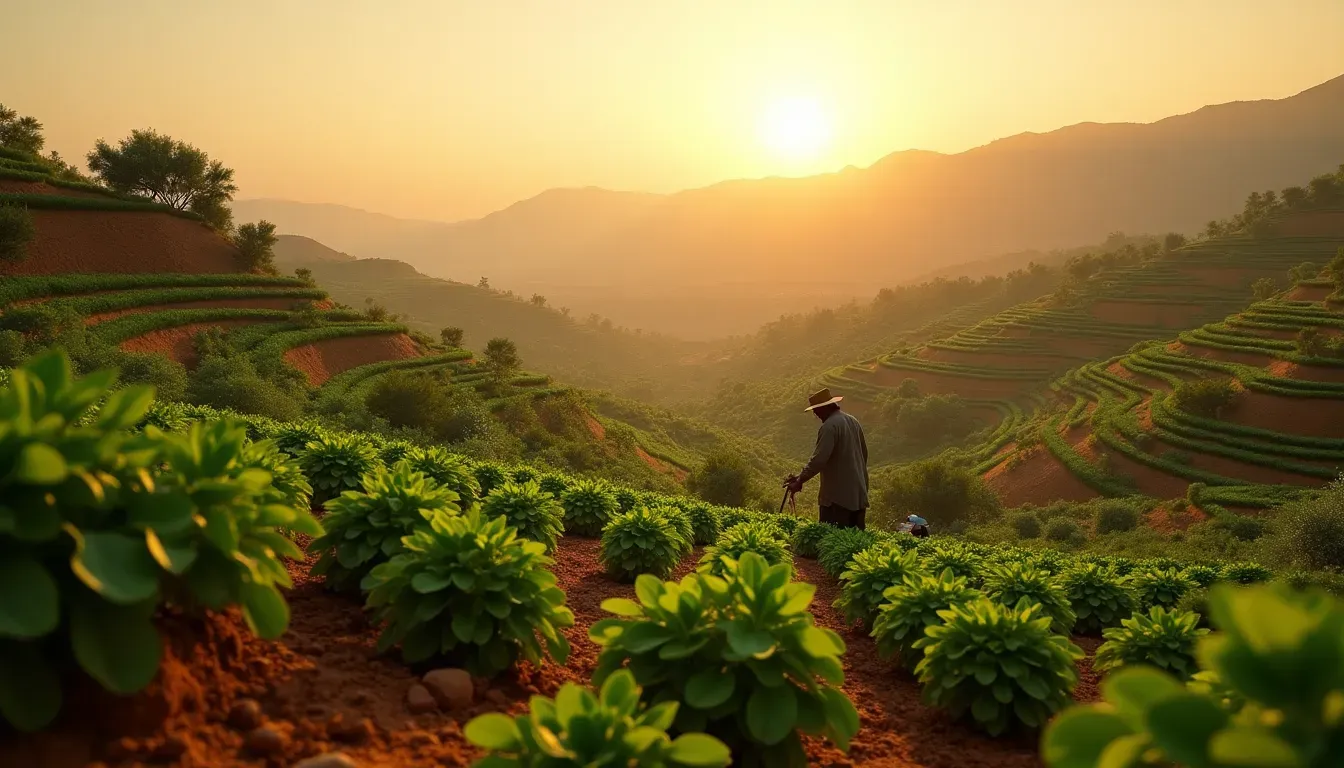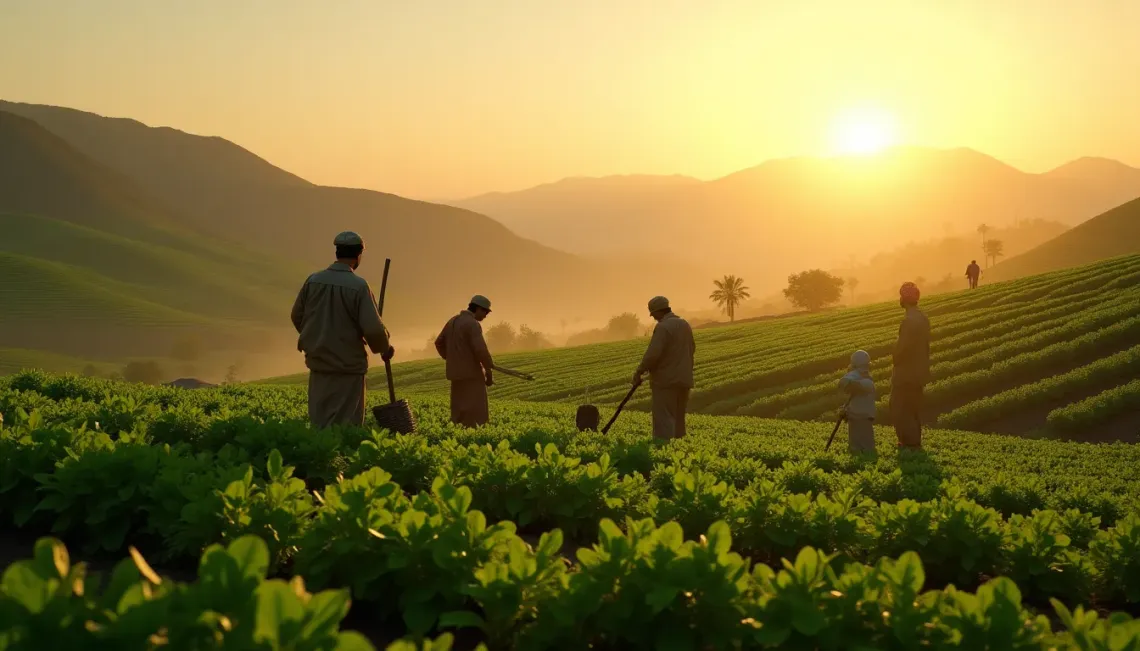In the arid landscapes of Morocco, sustainable agriculture has emerged as a beacon of hope, transforming traditional Moroccan farming practices through the impactful application of permaculture principles. As an eco-friendly farming approach, permaculture reshapes how farmers interact with their environment, leading to more resilient and organic farming techniques. This shift not only benefits the environment but also enhances food security and promotes economic sustainability for communities across the country.
Understanding Permaculture’s Impact on Moroccan Farming Practices
Permaculture, an innovative approach to eco-friendly farming, is rooted in mimicking natural ecosystems. It focuses on sustainable agriculture by fostering biodiversity and creating self-sufficient agricultural systems. In Morocco, these techniques have led to remarkable improvements in both farm productivity and ecological balance, impacting traditional Moroccan farming practices positively.
Key Elements of Permaculture in Moroccan Farming
- Holistic Design: Permaculture integrates multiple elements such as plants, animals, water, and climate into a cohesive farming system. This design is crucial in adapting to Morocco’s diverse climatic challenges.
- Water Management: Given the arid conditions, efficient water use is vital. Techniques like swales and rainwater harvesting are employed to optimize water retention.
- Soil Health: Organic farming techniques are prioritized, enhancing soil fertility through composting and natural fertilizers, which reduce chemical dependency.
- Biodiversity: Encouraging a mix of crops and animals increases resilience against pests and diseases.
The Shift Towards Eco-Friendly Farming in Morocco
The transformation driven by sustainable agriculture is evident across Morocco’s agrarian communities. As permaculture instills a sense of ecological stewardship, farmers have reported increased yields and more predictable harvests. This shift towards eco-friendly farming ensures that natural resources are used responsibly, leading to long-term agricultural sustainability and a healthier environment.
Benefits of Permaculture and Organic Farming Techniques
Adopting permaculture and organic techniques in Moroccan farming practices has several advantages:
- Enhanced Soil Quality: Organic farming techniques improve soil structure, leading to better water infiltration and nutrient absorption.
- Increased Biodiversity: A diverse ecosystem boosts ecological stability and productivity.
- Reduced Resource Use: Sustainable agricultural methods require less synthetic input, reducing the carbon footprint.
- Resilient Communities: By fostering local food production, communities achieve better food security and economic resilience.
Connecting Sustainable Agriculture to Broader Impacts
Permaculture’s impact extends beyond immediate agricultural benefits. It supports Morocco's wider strategic goals of reducing dependency on imported food and committing to international sustainable development goals. Regions implementing these practices become examples of how sustainable agriculture can address global challenges such as climate change and food scarcity.
Moreover, this approach sets the stage for discussions around related topics like urban agriculture, agroforestry, and regenerative farming techniques. By integrating these concepts, Moroccan farming practices continue to evolve, showcasing how tradition and innovation can harmoniously coexist.
In conclusion, sustainable agriculture, with permaculture at its core, is transforming Moroccan farming practices. The fusion of eco-friendly farming and organic farming techniques is not just enhancing productivity but also encouraging a profound respect for nature. This harmonious relationship between humanity and the environment positions Morocco as a leader in agricultural sustainability. As this journey continues, the opportunity for further internal linking and exploration of related sustainable practices remains expansive, opening new frontiers for learning and adaptation.




